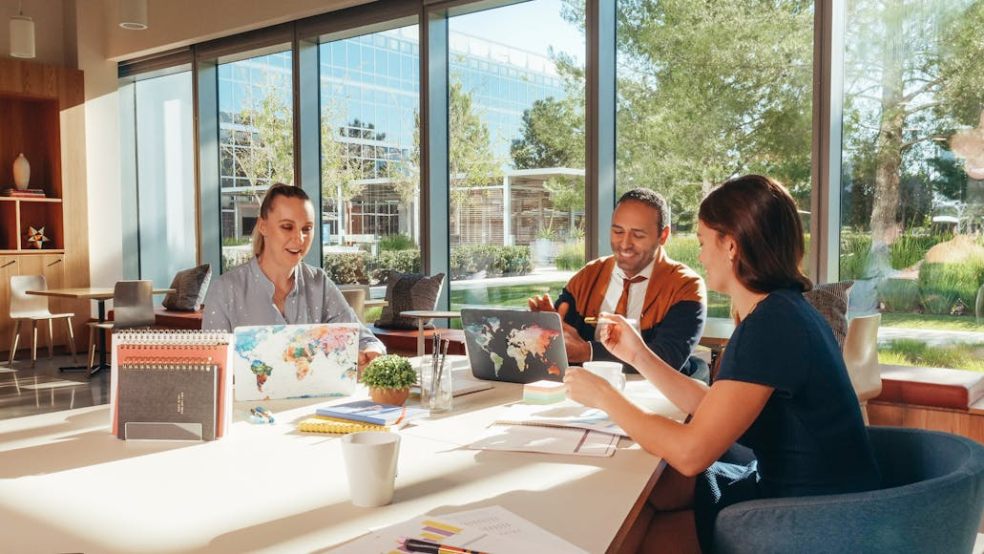
How To Eliminate Miscommunication In Events Coordination
Event coordination is a high-pressure environment where seamless is essential. From large-scale music festivals to corporate conferences, every event involves countless moving parts, diverse teams, and high-stakes decisions. A single instance of miscommunication can lead to scheduling mishaps, safety risks, or reputational damage. Fortunately, with strategic planning and the right tools, miscommunication can be dramatically reduced or even eliminated.
Establish Clear Communication Protocols
The foundation of effective communication lies in creating clear and consistent protocols. Every team member should understand who to report to, what communication channels to use, and how information should be escalated. Defining a chain of command and assigning responsibilities ahead of time can prevent confusion when decisions need to be made quickly.
Regular briefings before and during the event are also crucial. They ensure everyone is on the same page and aware of changes, expectations, and contingency plans.
Use Centralised Communication Tools
Avoid relying on multiple apps, email threads, or personal text messages. These can lead to scattered information and missed updates. Instead, use a centralised communication platform or operations software designed for event management. This ensures everyone has access to real-time updates, task assignments, and event timelines in one location.
However, even the best digital tools may fail if there is no reliable internet connection at your venue. That is where tried-and-true technology like two-way radios becomes invaluable.
Equip Your Team with Reliable Two-Way Radios
When speed and clarity matter, especially in high-noise or large-area environments, two-way radios provide unmatched reliability. Unlike mobile phones, radios allow instant group communication without signal drops or delays. They are durable, easy to operate, and built for all-day use in fast-paced environments.
For events covering a large area, such as festivals, marathons, or sporting events, having the right communication gear can make or break your coordination efforts. A dependable model from SFL Mobile Radio is ideal for professional event teams. They have plenty of options with long battery life, exceptional audio quality, and advanced safety features, which ensures every message is heard loud and clear, even in crowded or noisy settings.
Train Staff Ahead of Time
It is not enough to hand someone a radio or a tablet and expect them to communicate effectively. All team members, whether security, volunteers, or logistics staff, need proper training. Ensure they understand how to use communication devices, follow protocols, and report incidents accurately.
Mock drills and simulated scenarios before the event can also help identify potential gaps in communication.
Assign a Communication Lead
Having a dedicated communications coordinator is vital, especially at larger events. This individual is responsible for monitoring channels, relaying critical updates, and ensuring that information is disseminated clearly and quickly. They act as a central hub, reducing the chances of conflicting instructions or duplicated efforts.
Rounding It All Up
Effective communication is the backbone of successful event coordination. While technology plays a crucial role, it is the combination of clear protocols, well-trained staff, and reliable tools that truly eliminates miscommunication. Investing in robust solutions like professional two-way radios and standardised procedures ensures your event runs smoothly from setup to shutdown.




















